Ruth Ozeki is a filmmaker, novelist, and Zen Buddhist priest, whose novels have been described as “witty, intelligent and passionate” by The Independent, and as possessing “shrewd and playful humor, luscious sexiness and kinetic pizzazz” by the Chicago Tribune. Ozeki is the author of several award-winning novels: My Year of Meats (1998), All Over Creation (2003), and A Tale for the Time Being (2013), which was a New York Times bestseller and shortlisted for the 2013 Man Booker Prize.
In this podcast, we discuss her most recent novel The Book of Form and Emptiness (2021) and how her writing and life have been influenced by Zen Buddhism. At the heart of the book is the poignant story of Benny Oh, an adolescent boy who begins to hear voices after the tragic death of his father, and his mother Annabelle, who struggles to stay afloat amid an ocean of grief. This novel is a brilliant, heartfelt story that addresses many challenges facing modern society, including consumerism, climate change, mental illness, hoarding, and homelessness.
Ozeki was born and raised in New Haven, Connecticut, by an American father and a Japanese mother. She studied English and Asian Studies at Smith College and traveled extensively in Asia. She received a Japanese Ministry of Education Fellowship to do graduate work in classical Japanese literature at Nara University.
She currently teaches creative writing at Smith College, where she is the Grace Jarcho Ross 1933 Professor of Humanities in the Department of English Language and Literature. She serves on the advisory editorial board of the Asian American Literary Review and on the Creative Advisory Council of Hedgebrook. She practices Zen Buddhism with Zoketsu Norman Fischer, and is the editor of the Everyday Zen website. She was ordained as a Soto Zen priest in June 2010.





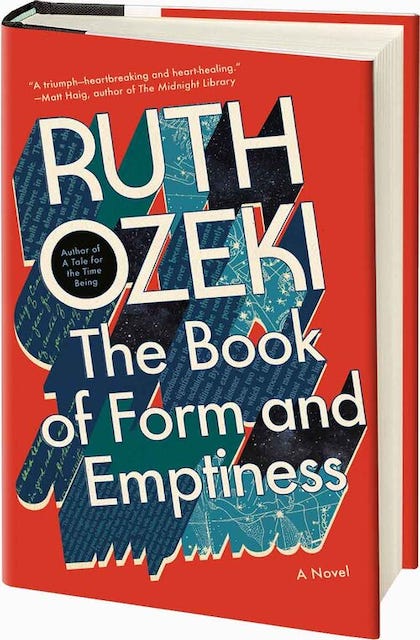
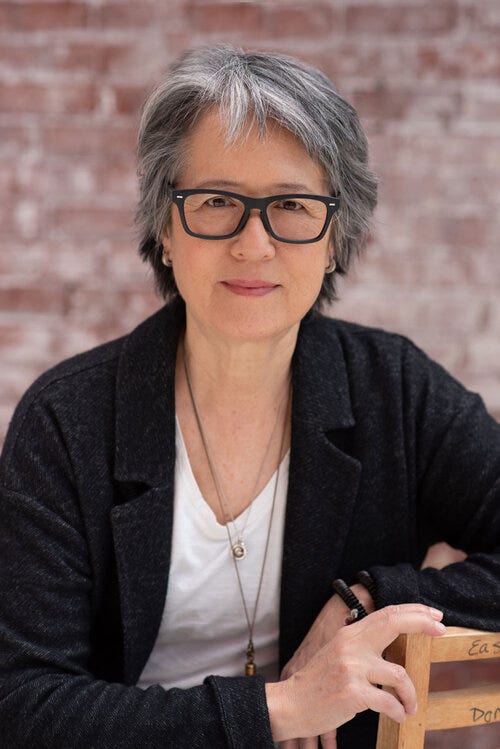

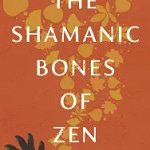
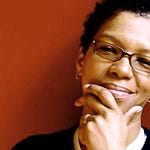


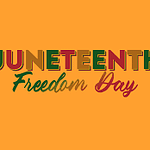
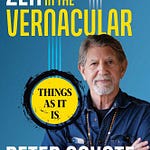

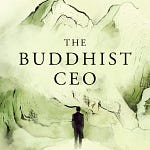
Share this post